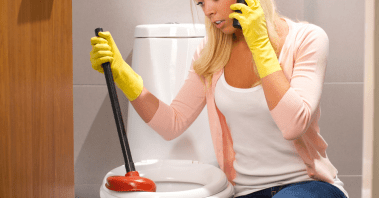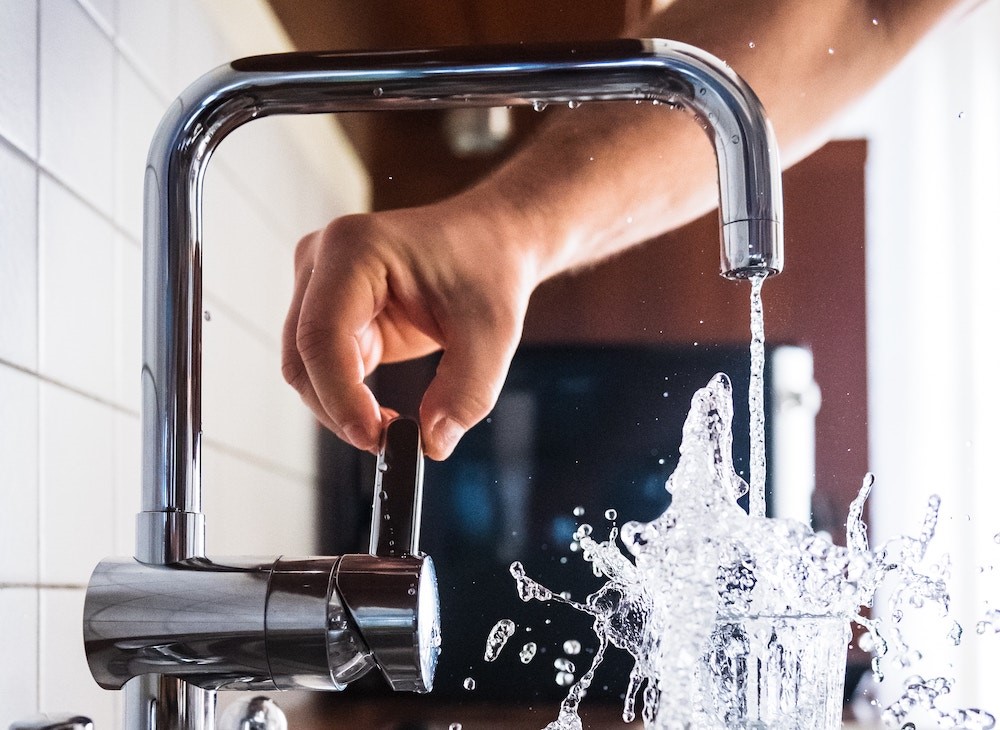Quick Solutions for Plumbing Emergencies: Essential Steps to Take Until Help Arrives
Quick Solutions for Plumbing Emergencies: Essential Steps to Take Until Help Arrives
Blog Article
Are you in search of critical information involving What to Do While Waiting for an Emergency Plumber?

Plumbing emergencies can strike any time, triggering stress and anxiety and prospective damages to your home. Whether it's a burst pipeline, a clogged up drain, or a dripping faucet, recognizing how to take care of the situation till a professional plumbing technician arrives can save you from additional difficulties. This short article gives vital emergency situation plumbing suggestions to aid you reduce damages and regain control throughout a plumbing dilemma.
Switch off the Supply Of Water
The primary step in any kind of pipes emergency is to turn off the water. For localized problems, such as a dripping tap or bathroom, switch off the valve near the fixture. When it comes to a significant leak or burst pipeline, situate your home's main water shut-off valve and turn it off quickly. Knowing the location of these valves ahead of time can conserve valuable time during an emergency situation.
Shut down Your Hot Water Heater
In certain emergency situations, such as a burst pipeline, it's wise to turn off your hot water heater. This prevents overheating or damages to the unit when water stops streaming. Shut off the power supply to the hot water heater (electrical or gas) and allow it cool to stay clear of potential hazards.
Temporarily Stop a Burst Pipe
A burst pipeline can cause substantial water damages in mins. To minimize the concern:
Call a specialist plumbing professional quickly to resolve the trouble completely.
Have an Emergency Situation Pipes Set
Prepare a fundamental plumbing emergency situation set to deal with minor concerns successfully. Your set should consist of:
Having these tools on hand can make a substantial distinction in your ability to take care of emergency situations.
Unclog Drains Securely.
A blocked drain can be an irritating and messy concern. Right here's how to tackle it:.
If these techniques do not work, stay clear of using extreme force, as it may get worse the blockage.
Take Care Of Overflowing Toilets.
An overflowing toilet can trigger prompt mayhem. Below's what you should do:.
Address Little Leakages with Short-lived Fixes.
Small leakages can swiftly come to be significant issues if left untreated. Make use of these momentary solutions till professional help shows up:.
While these repairs aren't long-term, they can aid lessen water loss and damages.
Take Care Of Frozen Piping Carefully.
In colder environments, icy pipelines are an usual emergency. If you think a frozen pipe:.
Know When to Call a Specialist.
While quick fixes can assist briefly, certain plumbing concerns call for prompt expert interest. Call a plumbing if:.
Quickly contacting a specialist makes sure the problem is dealt with appropriately and stops further difficulties.
Stop Additional Damages.
Taking quick activity to lessen damage can conserve you time and money in the future. Here's exactly how:.
Conclusion.
Pipes emergencies can be frustrating, but with the right expertise and tools, you can take care of the situation successfully until assistance arrives. By shutting off the water supply, attending to little leaks, and making use of short-term solutions, you can reduce damage and maintain your home safe. Bear in mind, these suggestions are short-lived services; always get in touch with a licensed plumbing technician to handle the origin of the problem. Prep work and quick reasoning are your best allies in any type of pipes emergency.
Expert Tips for Emergency Plumbing Repairs
Plumbing emergencies can be incredibly stressful and inconvenient. Whether it’s a burst pipe, a clogged drain, or a leaky faucet, these common plumbing emergencies need immediate attention to prevent further damage to your home. But before you panic, it’s important to understand the basics of plumbing repairs and the steps you can take to address these emergencies. In this article, we will share some expert tips to help you navigate through these situations and minimize potential water damage.
Identifying Common Plumbing Emergencies
Leaky pipes and faucets Clogged drains and toilets Burst pipes Low water pressure Water heater problems Essential Tools for Plumbing Repairs
Plunger: Useful for unclogging toilets and drains Adjustable wrench: Needed for tightening or loosening nuts and bolts Pipe wrench: Ideal for gripping and turning pipes Tape measure: Necessary for accurate pipe measurements Plumber’s tape: Helps create watertight seals Understanding Emergency Plumbing Services
Emergency plumbing services are designed to provide immediate assistance for unexpected plumbing issues that can cause significant damage to your home, business, or health. These services are typically available 24/7 and are staffed by experienced plumbers who can quickly diagnose and repair a wide range of plumbing problems.
When a plumbing emergency strikes, time is of the essence. Whether it’s a burst pipe flooding your basement or a gas leak posing a serious risk, emergency plumbing services ensure that help is just a phone call away. These professionals are equipped with the tools and expertise to handle any situation, minimizing damage and restoring your plumbing system to proper working order.
What Constitutes a Plumbing Emergency?
Burst pipes or water supply lines: These can cause extensive water damage and need immediate repair to prevent flooding. Gas leaks or suspected gas leaks: Gas leaks are extremely dangerous and require prompt attention to avoid potential explosions or health hazards. Sewer backups or overflows: These can lead to unsanitary conditions and significant property damage. Clogged drains or toilets causing water to overflow: Overflowing water can damage floors, walls, and other structures. Leaks or water damage causing structural damage: Persistent leaks can weaken the structural integrity of your home or business. No hot water or heating: A lack of hot water can be more than an inconvenience, especially in colder months. Common Causes of Plumbing Emergencies
Aging or corroded pipes: Over time, pipes can deteriorate, leading to leaks or bursts. Improperly installed or maintained plumbing fixtures: Faulty installations or lack of maintenance can result in unexpected failures. Tree roots or other debris infiltrating your sewer line: Roots can grow into pipes, causing blockages and backups. Frozen pipes or water supply lines: In colder climates, pipes can freeze and burst, leading to significant water damage. High water pressure or sudden changes in water pressure: Excessive pressure can strain pipes and fixtures, causing them to fail. Natural disasters such as floods or earthquakes: These events can disrupt your plumbing system and cause severe damage. Steps to Minimize Water Damage
Locate the water shut-off valve: Knowing where the valve is can help you quickly cut off the water supply to the affected area. Turn off the water heater: If there’s a risk of water coming into contact with the heating element, make sure to turn off the water heater to avoid potential accidents. Open faucets and drain pipes: By opening faucets and drain pipes, you can relieve pressure and empty any standing water. Collect and contain water: Use towels, buckets, or bins to collect water and prevent it from spreading to other areas of your home. https://leecountyplumbingandwellservice.com/expert-tips-for-emergency-plumbing-repairs/

I'm very focused on and I am praying you enjoyed reading my post. Remember to take the time to promote this entry if you appreciated it. Kudos for being here. Revisit us soon.
Call Report this page